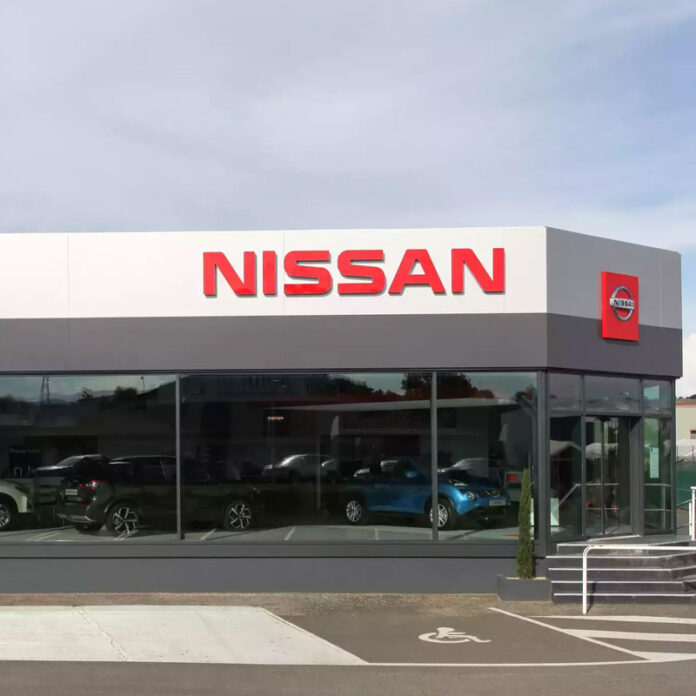
Nissan Motor Corporation, a Japanese automaker, reveals plans to globally export electric vehicles (EVs) developed in China. The company is forging a strategic collaboration with Tsinghua University to leverage local resources and advance research and development in electrification.
Nissan aims to capitalize on the lower manufacturing costs in China by exporting a lineup of electric and plug-in hybrid cars, including existing internal combustion engine vehicles, to international markets. This move aligns with the strategy of tapping into the growing demand for electric mobility.
Masashi Matsuyama, Vice President of Nissan Motor and President of Nissan China, indicates that the company is considering targeting the same markets as Chinese rivals, such as BYD. This expansion mirrors the strategies of foreign brands like Tesla, BMW, and Ford, which are increasingly exporting vehicles manufactured in China.
Nissan announces the establishment of a joint research center with Tsinghua University, a leading academic institution in China. The center will primarily focus on advancing research and development in electric vehicles, including charging infrastructure and battery recycling. The collaboration aims to deepen Nissan’s understanding of the Chinese market and align its strategies with local customer needs.
Nissan’s sales in China have faced challenges, with the country accounting for just over a fifth of the automaker’s global sales. The competitive landscape, preference for domestic brands, and the rapid shift to electric vehicles pose hurdles for Japanese automakers.
The joint research center with Tsinghua University builds upon the collaborative efforts initiated in 2016. The previous joint research focused on intelligent mobility and autonomous driving technology. The extended collaboration signifies Nissan’s commitment to staying at the forefront of innovation in the Chinese market.
Nissan’s strategic move to export China-developed EVs globally and collaborate with a prestigious institution like Tsinghua University reflects the company’s dedication to staying competitive in the evolving automotive landscape. The collaboration is expected to yield advancements in EV technology, contributing to Nissan’s global market presence.








